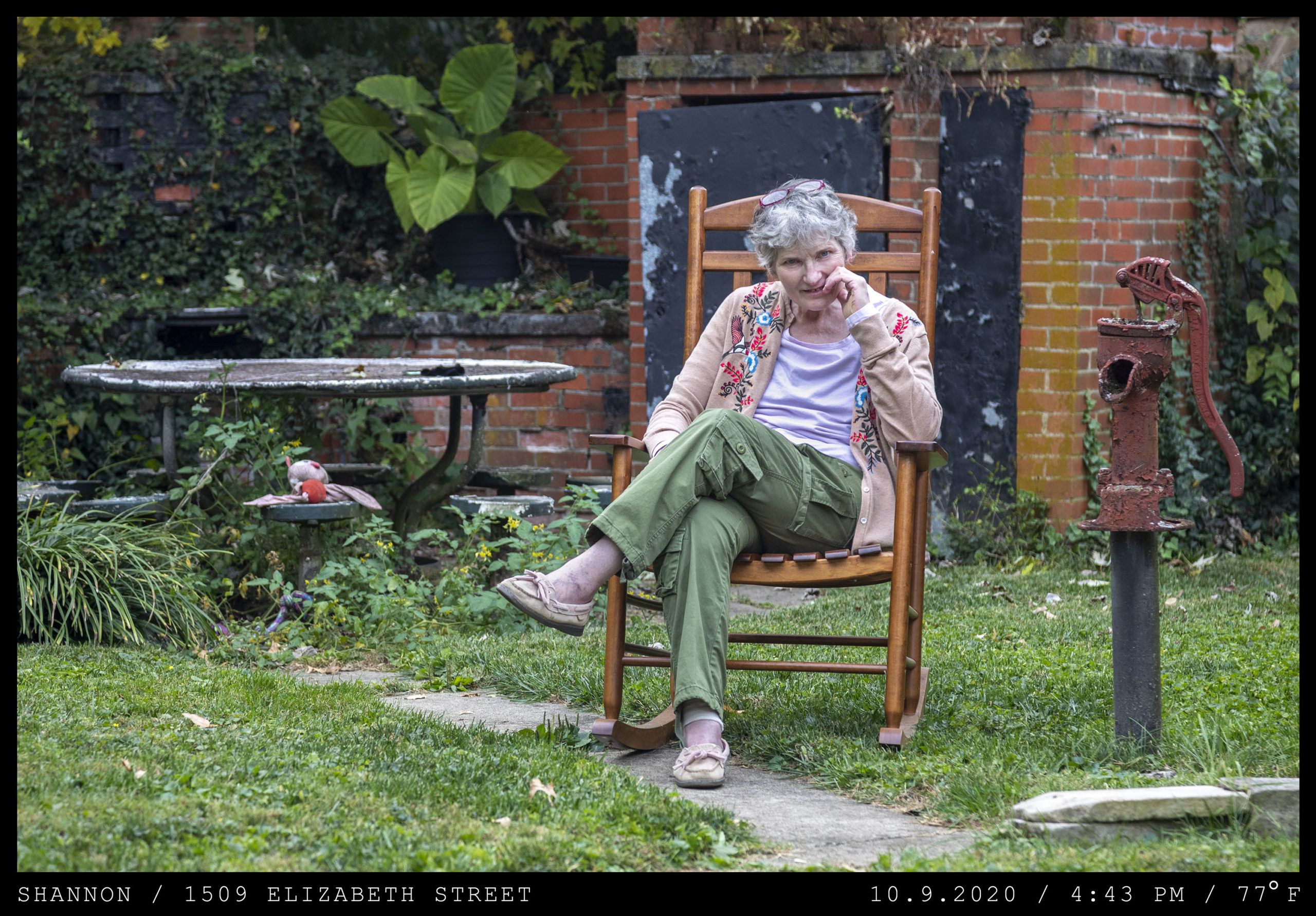“I have the gift of perspective, endowed simply by my time spent on earth. I am 65 years old. I see lives lost, mourned forever by some, forgotten by others, and by a great many never acknowledged. I have watched in agony as my children reached young adulthood only to see the friends that they played with so happily and innocently get crushed by the greed and indifference of the pharmaceutical industry, its lobbyists, and the politicians it owns. This indifference is perhaps best exemplified by the drugs Suboxone and Methadone that simply replaced or augmented the opioids for which they were marketed as addiction’s cure.
I have four adult children, spaced about six years apart except for the last two, my twins. Purdue Pharma first introduced OxyContin in 1996, the same year my oldest son graduated from Paul G. Blazer High School in Ashland, KY. By 2002, when my daughter graduated from Russell Independent High School in Greenup County, KY, there was a 500% increase in the number of people entering Methadone-dependent treatment programs according to the Kentucky Division of Substance Abuse. Simultaneously, legal sales of the drug had risen to nearly three billion dollars annually.
By the time my twins graduated and left Boyd County in 2007, all four of my children had lost friends to death, addiction, incarceration, or suicide directly from opioid abuse—friends so close and so dear they sometimes felt more like family than their real family.
Since 2007, more have died or had their lives drastically altered by the cold indifference of the pharmaceutical industry, the government, and even friends. I can only assume those friends are hoping to protect themselves and all they love, bolstering their protection by plastering layers of ‘them, but not us’ until reality cracks through, leaving broken and lost lives.”

